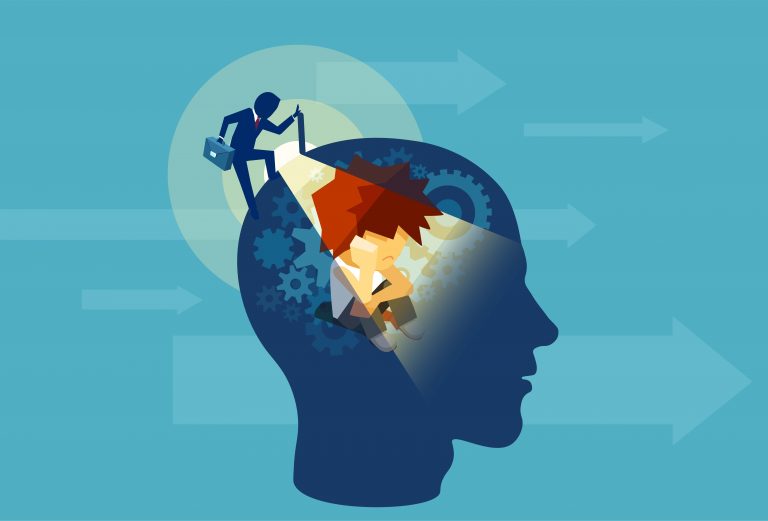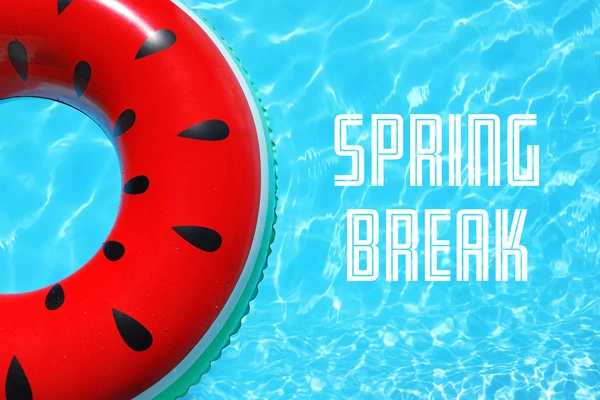Unlock Your Potential: Students in Our Psychology Class Are More Likely to Stand Out in College Admissions
Join successful Aralia students who have won top writing and research competitions and secured admission to their dream schools.
What is a psychiatrist?
A psychiatrist is a doctor primarily focused on the mental health of their patients. A human’s mental health is just as important as their physical health, and can have a great impact on one’s future, for better or worse. Their duty is to actively listen to the mental struggles that the patient has, and how they respond to certain situations; they respond accordingly and diagnose the problem that the patient is having. A psychiatrist’s second duty is to devise a treatment plan, review their progress, and adapt to how fast or slow this particular patient is recovering. As society continues to be more accepting of the existence of mental health, more and more people feel better about talking with doctors to relieve their mental stresses. As such, psychiatrists are in heavy demand and are a great career path to success. Here are the materials that you need to become a full-fledged psychiatrist.
What is the journey of becoming a psychiatrist from high school to medical school?
To become a psychiatrist, you have to go through 12 years of study, which includes: 4 years of undergraduate study, 4 years of Medical school, and 4 years of residency. In college, students can choose a flexible major such as psychology, chemistry, or biology, as long as it aligns with medical school prerequisites. Additionally, participating in psychology-related programs and internships can provide valuable experience.
After earning a bachelor’s degree, the next step is passing the MCAT (Medical College Admissions Test). Then, students can pursue medical school. Medical school is divided into two parts: the first two years involve classroom learning and lab work in anatomy, chemistry, and physiology. The final two years consist of clinical practice under experienced doctors, preparing students for residency.
The final steps include obtaining a state license and becoming certified by the American Board of Psychiatry and Neurology. This certification must be renewed every decade. With thorough preparation and dedication, a successful career in psychiatry is achievable.
What are skills necessary to be a psychiatrist?
Even before you learn anything specific, there are certain skills that you can practice while you are still in high school. Some of the skills you need to communicate with others smoothly, be empathetic and understanding, and be analytical.
Communicating with your patients will be a major part of your profession, as many psychiatrists use this method to understand their patients’ ailments. A very important skill every psychiatrist needs is active listening, not for the sake of responding but to understand the person in front of them.
Being empathetic only furthers your ability to resonate with your patients. Being analytical is the crux of all of this. You have to be able to glean unspoken details from your discussions with your patients, as the truly important details are sometimes hidden.
All in all, these qualities are essential to make you a great psychiatrist who can help your patients effectively. And, while you will get the opportunities to strengthen these skills in the future, you need the ambition to continue through the rigorous learning process during college.
Recommended Coursework for an aspiring Psychiatrist
To show your interest in the field, we recommend taking foundational courses such as physics, mathematics, chemistry, biology, psychology, and social sciences. While physics and mathematics are not necessarily going to be a part of your job, it is required in every student’s curriculum.
Science Classes: Emphasize taking biology, chemistry, and physics. These foundational courses are crucial for understanding the scientific principles and are also prerequisites for medical schools.
Psychology Courses: Psychology classes will provide a basic understanding of human behavior and mental processes, essential for a future in psychiatry.
Advanced Placement (AP) Classes: Consider AP Biology, AP Chemistry, and AP Psychology. These courses can significantly enhance your understanding and prepare you for college-level coursework.
Math and English: Strong foundational skills in math and English are important for medical school and standardized tests. Math skills are essential for data analysis and research, while proficiency in English is necessary for communication, critical reading, and writing.
Improve Your Grades Within One Semester
Recommended Extracurricular Activities for an aspiring Psychiatrist
Engaging in extracurricular activities can significantly prepare students for the path ahead and enhance their college applications by demonstrating their commitment and interest to admission officers. Here are some recommended activities:
Volunteering: Students can volunteer at their local health facilities so they can get first-hand experience in how a professional deals with patients, following HIPAA guidelines of course.
Participate in a Summer Program: Apply for summer programs or seminars related to psychiatry to deepen your understanding of the field and gain valuable experience.
Clubs and Organizations: Depending on the high school, students can choose to participate in or start a science club to explore various scientific disciplines and foster a community of like-minded peers. If students want to have an extracurricular directly related to psychology, consider joining or initiating a club focused on mental health to delve into topics related to psychology and psychiatry. Don’t forget to take on leadership roles in relevant clubs or student government to develop skills in organization, teamwork, and leadership, all of which are valuable in a medical career.
How to Gain Exposure to the Field
Some students gain more direct experience within the field by shadowing, doing an internship related to the medical field, or researching with college professors.
Shadowing: Students can connect with mental health professionals within their community or your network. This direct observation provides insight into the daily responsibilities and challenges faced in psychiatry.
Summer Programs: Look for summer programs focused on medicine or mental health. These programs can offer hands-on experience, mentorship, and a deeper understanding of the field.
One final note is that in the fields of Psychology and Humanities, our understanding of our minds is still growing. Despite the fact that we think we live in a modern world, we are still somewhat primitive in the science of human psyches. As such, it is also essential to keep up with the discoveries that scientists make and incorporate those in our attempts to heal our patients.
Even though much of the material is learned in college, you can start in high school. Look around for opportunities to places that allow you to see or even partake in activities that will allow you to get close to people who have the same interest or guide you towards this goal.
Honing Your Skills with Aralia Psychology Classes
Enroll in Aralia’s specialized psychology classes to hone your skills and deepen your understanding of psychology and mental health. We offer a range of classes, from Introduction to Psychology to more advanced classes such as Psychology Research, to fully equip students with the skills and knowledge to excel in the field and showcase their dedication to college admission officers.
Our teachers are award-winning professionals who have guided students through various intensive research projects, leading students to earn prestigious awards in the field. These programs are designed to provide comprehensive learning, covering key areas of psychology essential for aspiring psychiatrists. With expert guidance and tailored instruction, Aralia’s programs can help you excel in your studies, prepare for medical school, and build a strong foundation for your future career!
Further Reading:













